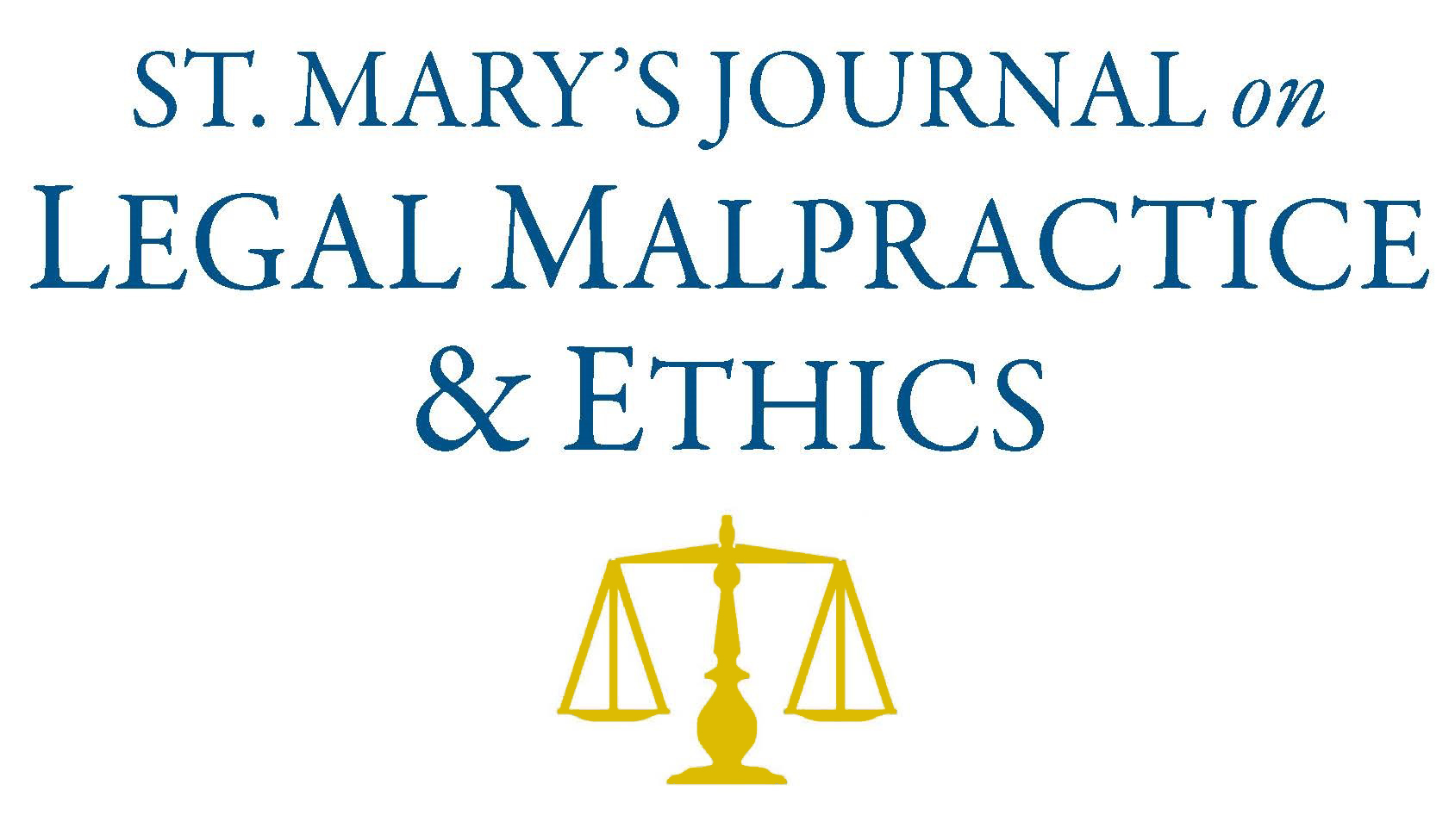
Abstract
Due largely to an overlap of authority between disciplinary bodies charged with supervising the professional conduct of attorneys and the authority of courts to supervise litigation, the ethical ramifications of routine discovery abuses often pass without comment. That is because disciplinary authorities routinely defer to courts to police litigation behavior despite courts frequently rejecting the role of enforcers of professional rules. A further contributing factor to unethical conduct becoming routine practice in discovery are ill-defined parameters and a dearth of guidance. One tool in particular, requests for admission, has gone overlooked in the literature and caselaw, but poses unique ethical challenges owing to its ability to transition false facts into reality.
The article first analyzes the origins of modern discovery procedures and the cultural beliefs that have historically limited the practice. It then looks to the permissible scope of requests for admission and outlines three frequent areas of abuse: requests made in bad faith, oppressive volumes of requests, and requests made in the absence of a reasonable belief that they will be admitted. Finally, the article explores how those abuses may constitute violations of specific Model Rules of Professional Conduct.
Recommended Citation
Colin Flora,
It’s a Trap! The Ethical Dark Side of Requests for Admission,
8
St. Mary's J. on Legal Malpractice & Ethics
(2018).
Available at:
https://commons.stmarytx.edu/lmej/vol8/iss1/1
Included in
Civil Law Commons, Civil Procedure Commons, Law and Society Commons, Legal Ethics and Professional Responsibility Commons, Legal History Commons, Legal Profession Commons, Legal Remedies Commons, State and Local Government Law Commons

